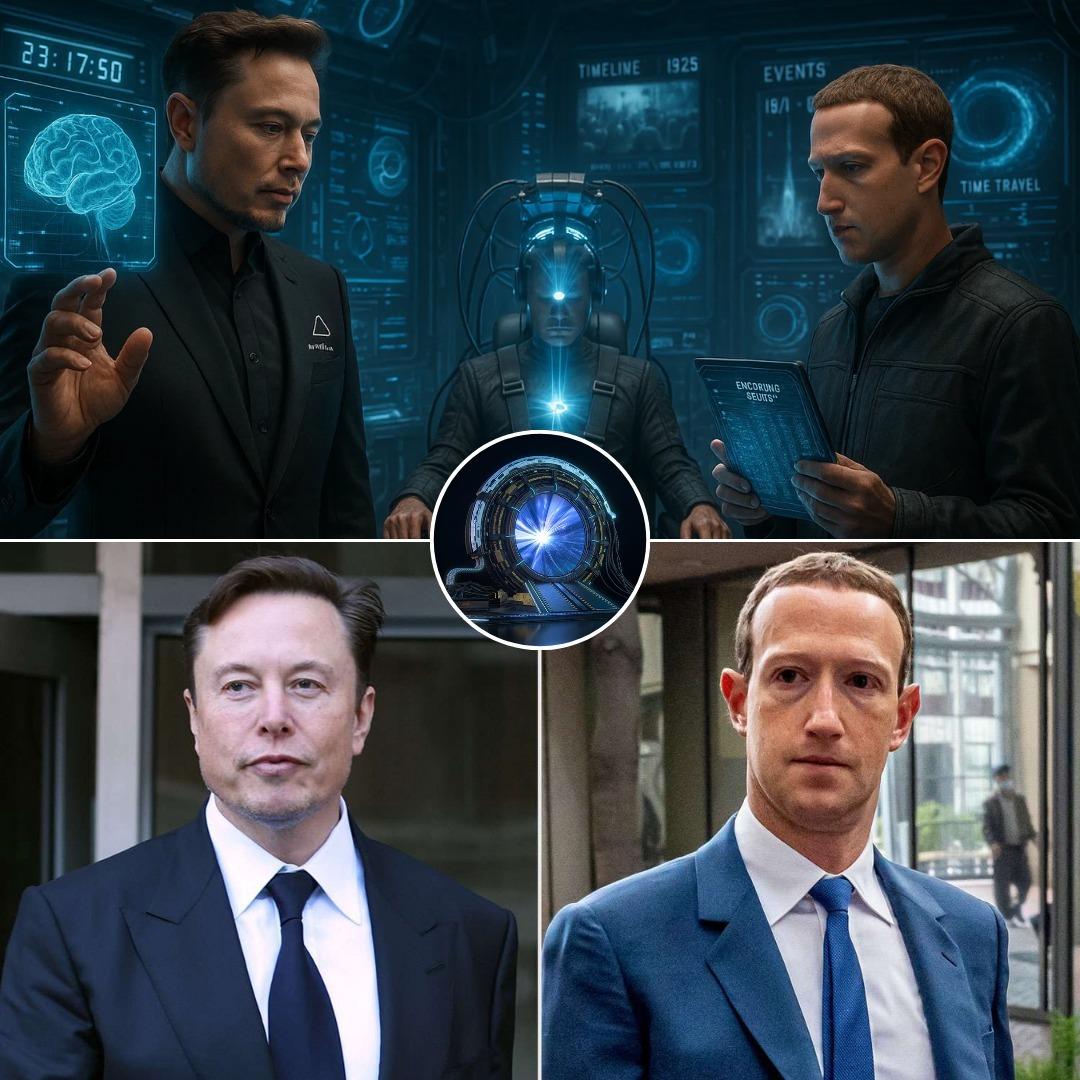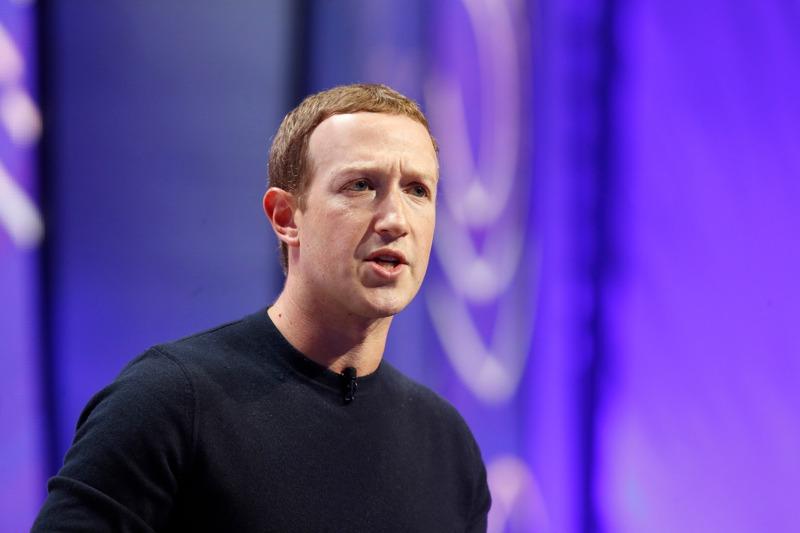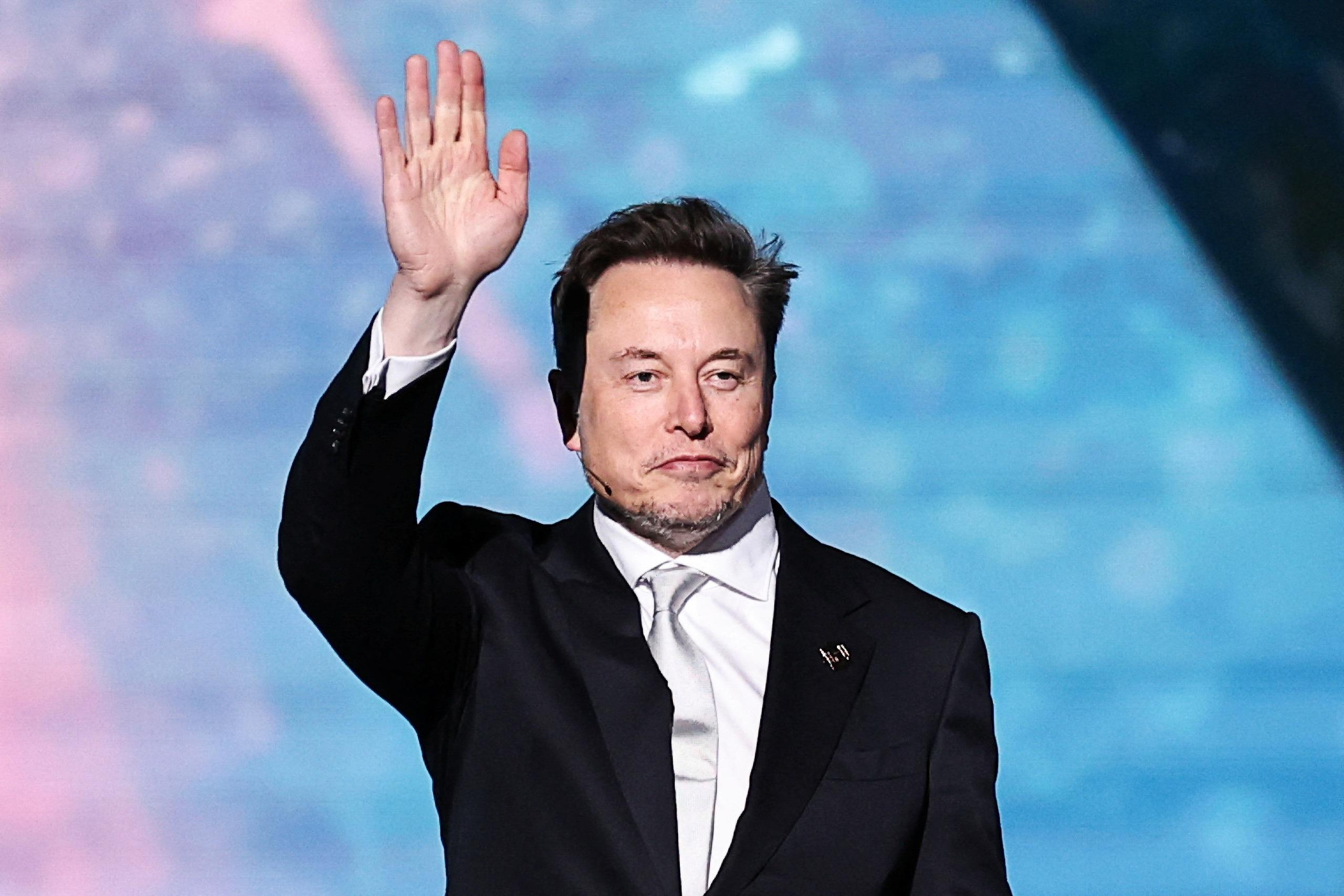
In an era where artificial intelligence (AI) is reshaping every field, Elon Musk and Mark Zuckerberg are leading a new technological revolution: developing AI supercomputers with superior memory encryption and processing capabilities. These projects are not only a technical step forward but also a manifesto of the two tech moguls’ vision for the future.

Mark Zuckerberg, through Meta, has built the AI Research SuperCluster (RSC) — one of the most powerful AI supercomputers in the world. RSC is designed to train AI models with trillions of parameters, expanding natural language processing and computer vision capabilities. This allows AI systems to understand and interact with humans in a more sophisticated way, from detecting harmful content on social media to assisting with more accurate medical diagnoses.

On the other side, Elon Musk is deploying xAI Colossus, a massive supercomputer with more than 100,000 NVIDIA H200 GPUs. This project not only serves AI applications such as self-driving cars and space exploration, but also serves as a platform for real-time decision-making systems. With its enormous scale and computing power, Colossus can process data at unprecedented speeds, opening up the possibility of deploying AI in harsh environments such as space.

Both projects rely on NVIDIA’s advanced chip architectures — specifically the Hopper and Blackwell lines — to speed up processing and ensure data security. In addition, NVIDIA’s Spectrum-X network system acts as the “nervous system” of these supercomputers, ensuring that data flows smoothly and without interruption.
What’s special is that both Zuckerberg and Musk are not just aiming for commercial benefits. They share a vision of using AI to solve global problems such as climate change, health crises and education. These supercomputers are not simply computing tools, but the foundation for a future where AI can help people make better, faster and safer decisions.
However, the rapid development of this technology also raises many questions about ethics, privacy and control. As computing power outpaces traditional surveillance capabilities, the scientific community and policymakers will need to work closely to ensure AI serves the common good of humanity.
In short, the race between Elon Musk and Mark Zuckerberg is not only a technological competition, but also a historic turning point in the journey to shape the future of global artificial intelligence.




